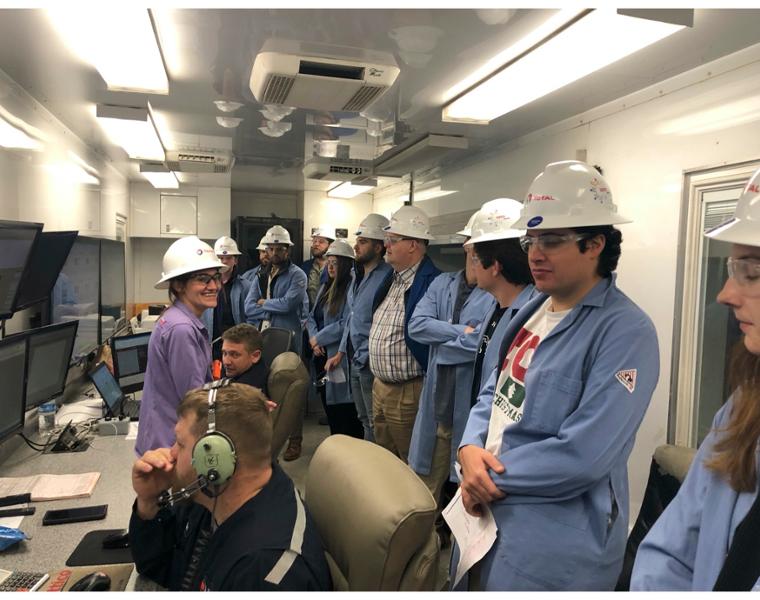The TCU Energy Institute’s mission is to promote energy research and knowledge about the energy industry, management, and related technologies through an integrated approach to examine the future of energy resources. This fall, the institute started an initiative on energy poverty led by Richard Denne, Hunter Enis Endowed Chair in Petroleum Geology and Director of the TCU Energy Institute.
Worldwide 800 million people still lack access to electricity of any kind, many of whom live in sub-Saharan Africa. Nearly three billion people rely on soot-producing fuels for cooking and warmth, compromising children’s respiratory systems and forcing women to spend much of their day harvesting fuel. Although most Americans have access to the electrical grid, energy-poor households spend as much as three times more than the average household on their energy bills, and may have to choose between buying necessities like food and medicine versus paying their utility bills. These issues of energy access, clean cooking, and energy burden have only worsened with the COVID-19 pandemic.

This school year the Ken W. Davis Jr. Leaders in Energy Speaker Series will be used to spread awareness about energy poverty by featuring energy experts who focus on energy poverty. The institute is also encouraging students to participate in an energy case competition hosted by Switch Energy Alliance. The institute will sponsor several student teams in the competition. The goal is to spur sufficient interest among students and faculty to initiate a research program on energy poverty.
“I first became aware of the global issue of energy poverty from our first guest speaker, Scott Tinker, who is CEO of the Switch Energy Alliance and director of the Texas Bureau of Economic Geology,” Denne said. “Scott produced and hosted a film viewing on energy poverty that is an eye-opening tour of developing countries that are struggling with energy access and clean cooking. I then began reading up on energy poverty and using Zoom to speak with leading experts, both in the US and abroad.”
The institute works with several groups within the TCU community. The TCU Energy Club is an undergraduate club affiliated with the institute that provides opportunities for students to learn from and network with energy professionals, as well as attend field trips to energy-related facilities. The TCU Core Facility holds a large number of industry rock cores from many of the major unconventional hydrocarbon plays, and offers facilities and lab equipment for faculty, students, and industry partners to conduct research on the cores. The institute also works closely with the Energy MBA program in TCU Neeley School of Business.
“When I became Director of the TCU Energy Institute two years ago, I realized that we needed to broaden our interests beyond oil and gas. Part of my consideration behind the initiative on energy poverty is that I feel as educators we need to encourage students to extend their worldview,” Denne said. “My inspiration for this is the Institute for Environmental Studies’ Rhino Initiative, which does a great job of getting students from all backgrounds interested in conservation. I am hoping that this initiative will help attract students from diverse backgrounds to learn more about energy.”